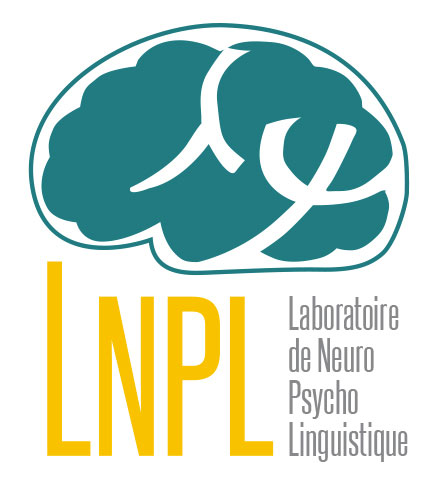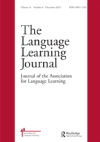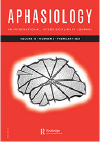-
Partager cette page
Articles scientifiques dans revues référencées
 Retrouvez la collection du Laboratoire de NeuroPsychoLinguistique (anciennement Jacques Lordat) sur HAL.
Retrouvez la collection du Laboratoire de NeuroPsychoLinguistique (anciennement Jacques Lordat) sur HAL.Quelques articles récents dans des revues référencées (ACL) :
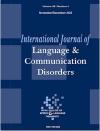
Quintas S., Balaguer M., Mauclair J., Woisard V., Pinquier J. (2024). Automatic modelling of perceptual judges in the context of head and neck cancer speech intelligibility. International Journal of Language and Communication Disorders, pp.1--14. DOI: https://doi.org/10.1111/1460-6984.13004⟩. ⟨hal-04405083⟩
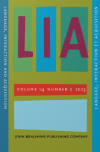
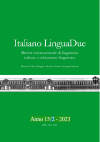
Anastasio, S. 2023. L'espressione del movimento da parte di apprendenti d'italiano L2 con L1 francese e inglese: incrocio tra fattori tipologici e cognitivi. Italiano LinguaDue 2, 15(2): 1-20. DOI : doi.org/10.54103/2037-3597/21934
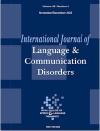
Pistono, A., Maziero, S., Chaix, Y., & Jucla, M. (2023). Speech disfluencies in children with developmental dyslexia: how do they differ from typical development? International Journal of Language & Communication Disorders, DOI: https://doi.org/10.1111/1460-6984.12978
Balaguer M., Pinquier J. , Farinas J., Woisard v. (2023). Development of a holistic communication score (HoCoS) in patients treated for oral or oropharyngeal cancer: Preliminary validation. International Journal of Language and Communication Disorders, 58 (1), pp.39-51. DOI: https://doi.org/10.1111/1460-6984.12766 ⟨hal-03765649v2⟩
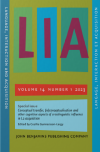
Serrau, V., Gunnarsson-Largy C., Largy, P. (2023). The impact of the cognitive effects of L1 orthographic depth and morphological complexity on L2 French morphographic processing, LIA 14(1), pp. 127–166
Gunnarsson-Largy, C. (2023).Transfert conceptuel, (re)conceptualisation et quelques autres aspects cognitifs de l’influence translinguistique dans l’acquisition d’une L2, LIA 14 (1), pp. 7–13, https://doi.org/10.1075/lia.00017.gun
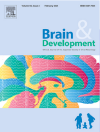
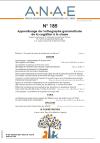

Maziero S., Jucla M., Blais M., Albaret J-M., Tallet J., Chaix J. (2023). A preliminary study of the different memory systems in neurofibromatosis type 1: What is impaired and what is spared?, Brain and Development, Volume 45, Issue 4, 220-230. DOI:10.1016/j.braindev.2022.12.002

Largy, P., Soulier, L., Gunnarsson-Largy, C., Simoës-Perlant, A. (2023). Comment un état émotionnel impacte-t-il la performance en orthographe grammaticale d’enfants à l’école primaire ? A.N.A.E. 185 "Apprentissage grammatical de la cognition à la classe" coord. D. Alamargot, M.-F. Morin et X. Aparicio Plus
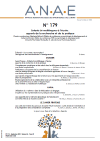
Daigmorte, C. ; Tallet, J., Astésano, C. (2022). Utilisation du « rythme » dans la rééducation du langage : enquête sur les représentations et pratiques des orthophonistes. ANAE, Approche Neuropsychologique des Apprentissages chez l’Enfant, 179(34): 495-504. Plus
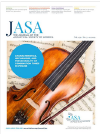
Vaysse, R. ; Farinas, J., Astésano, C. (2022). Performance analysis of various fundamental frequency estimation algorithms in the context of pathological speech. Journal of the Acoustical Society of America, 152 (5), 3091-3101. DOI: . https://doi.org/10.1121/10.0015143
Marczyk O'BrienTremblay WoisardGhio, A. (2002) Correlates of vowel clarity in the spectrotemporal modulation domain: Application to speech impairment evaluation. Journal of the Acoustical Society of America, 152 (5): 2675–2691. https://doi.org/10.1121/10.0015024
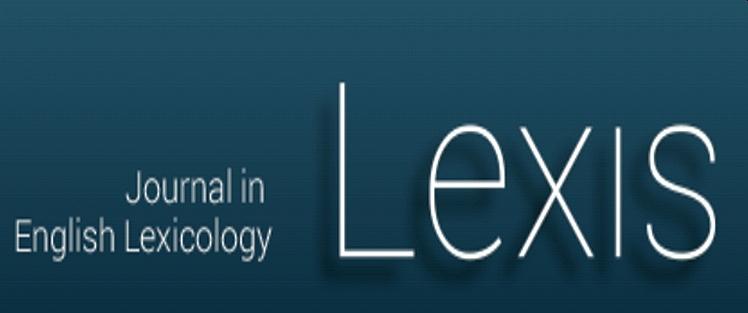
Léger-Zheng, E. et Théophanous, O. 2021. Inférence et apprentissage du vocabulaire : effet de la lexicalisation en première langue et de la tâche, Lexis [Online], 18 | 2021, Online since 18 December 2021, DOI: https://doi.org/10.4000/lexis.5937, plus
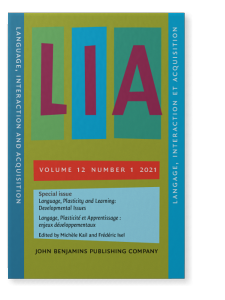
Köpke, B. (2021). Language attrition : A matter of brain plasticity? Some preliminary thoughts. Language, Interaction, Acquisition, 12 (1), 110-132. plus
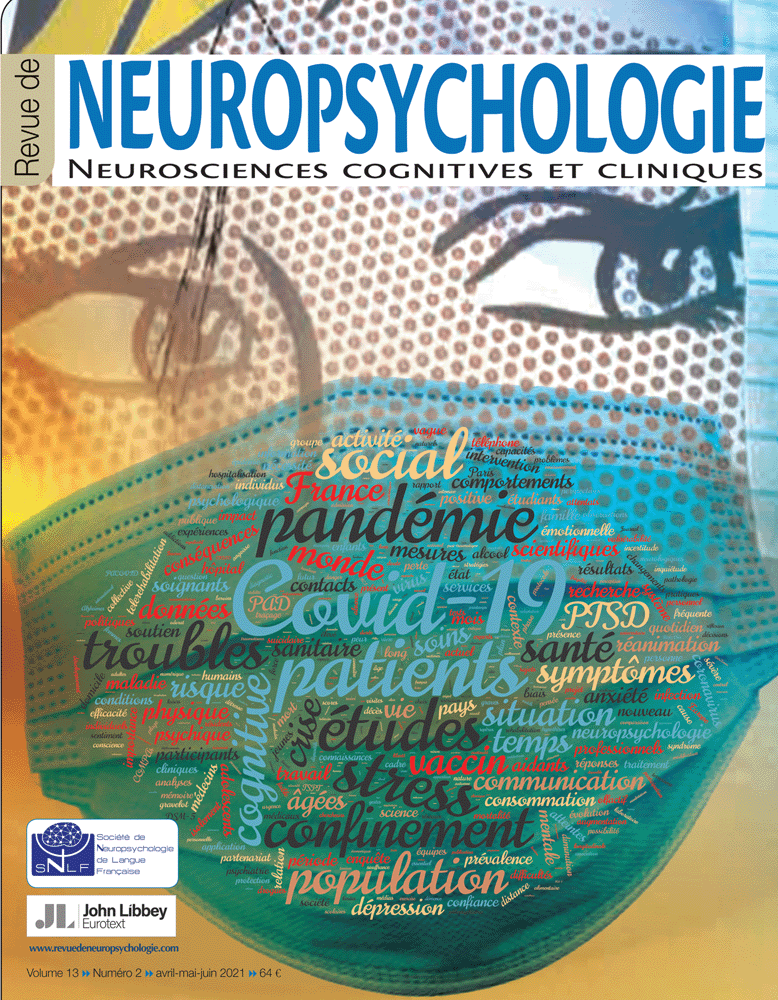
Nespoulous, J-L. & Eustache, F. (2021). Des chiffres et des nombres : leur usage et leurs mésusages au temps du coronavirus. Revue de Neuropsychologie, doi:10.1684/nrp.2021.0658 plus
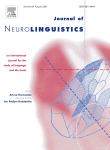
Arslan, S., Devers, C. & S. Martínez-Ferreiro (2021). Pronoun processing in post-stroke aphasia: a meta-analytic review of individual data. Journal of Neurolinguistics, 59, 101005. Published online 8 May 2021.https://doi.org/10.1016/j.jneuroling.2021.101005

Annan, E., Collin, C. & Granget, C. (2021). The use of the relational function of address pronouns in L2 French before and after study abroad: do interaction and exposure to media make a difference? Corela [Online], 19 (1), DOI: https://doi.org/10.4000/corela.13005, lien
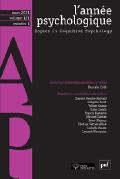
Soulier, L., Simoës-Perlant, A. & Largy, P. (2021). Effet d’une induction émotionnelle par la musique sur la détection d’erreurs orthographiques : étude chez l’enfant et chez l’adulte. L’Année psychologique, 1(1), 25-70. https://doi.org/10.3917/anpsy1.211.0025 plus
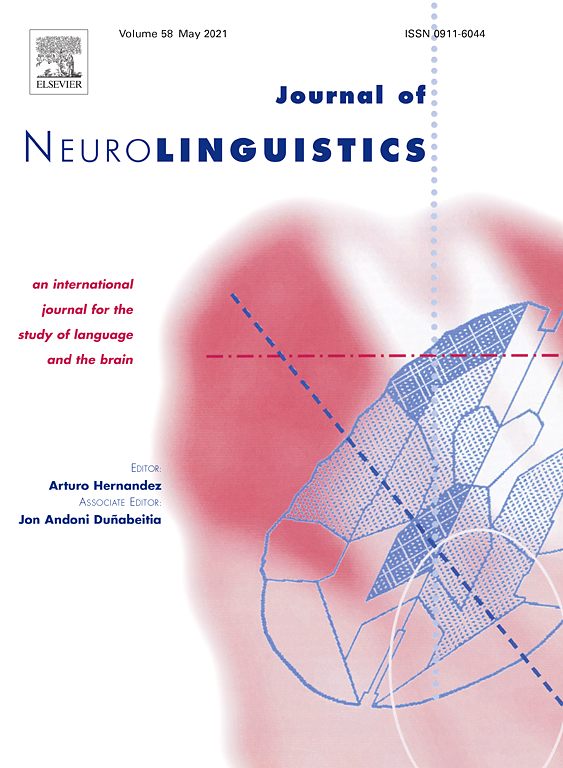
Köpke, B., Howells, R. K. R., Cortelazzo, F., Péran, P., de Boissezon, X. & Lubrano, V. (2021). Functional and structural differences in brain networks involved in language processing and control in highly proficient early and late bilinguals. Journal of Neurolinguistics, 59, doi.org/10.1016/j.neuroling.2021.100988 plus
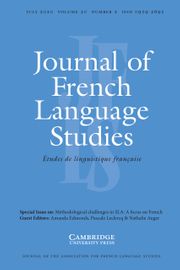
Saddour, I. (2020). Methodological considerations when piloting an interview protocol: the example of Syrian asylum seekers in France. Journal of French Language Studies, 30 (2), 211-238. plus
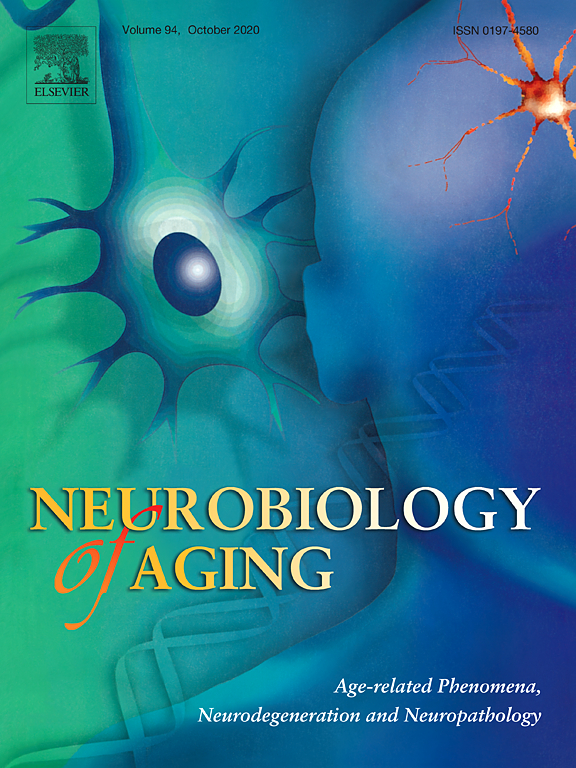
Pistono, A., Guerrier, L., Péran, P., Rafiq, M., Gimeno, M., Bézy, C, Pariente, J., Jucla, M. (2020). Increased functional connectivity supports language performance in healthy aging despite grey matter loss. Neurobiology of Aging. Published online 28 September 2020. DOI: 10.1016/j.neurobiolaging.2020.09.015 plus
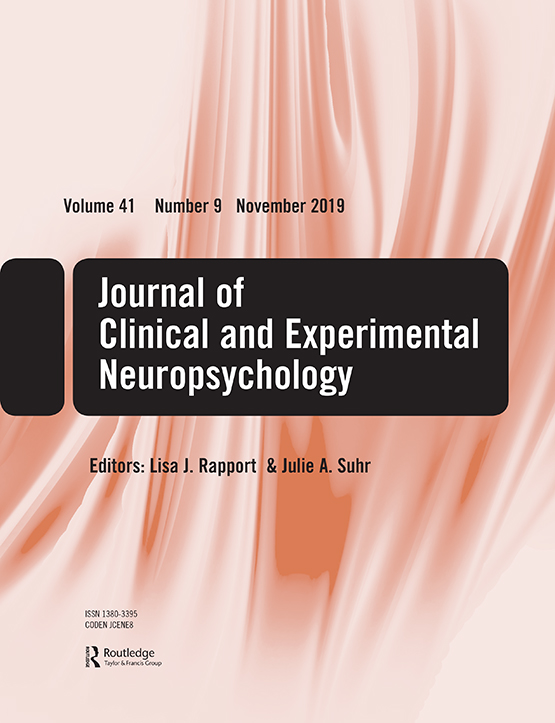
Maziero, S., Tallet, J., Bellocchi, S., Jover, M., Chaix, Y. & Jucla, M. (2020). Influence of Comorbidity on Working Memory Profile in Dyslexia and Developmental Coordination Disorder. Journal of Clinical and Experimental Neuropsychology. Published online 4 August 2020. DOI: 10.1080/13803395.2020.1798880 plus
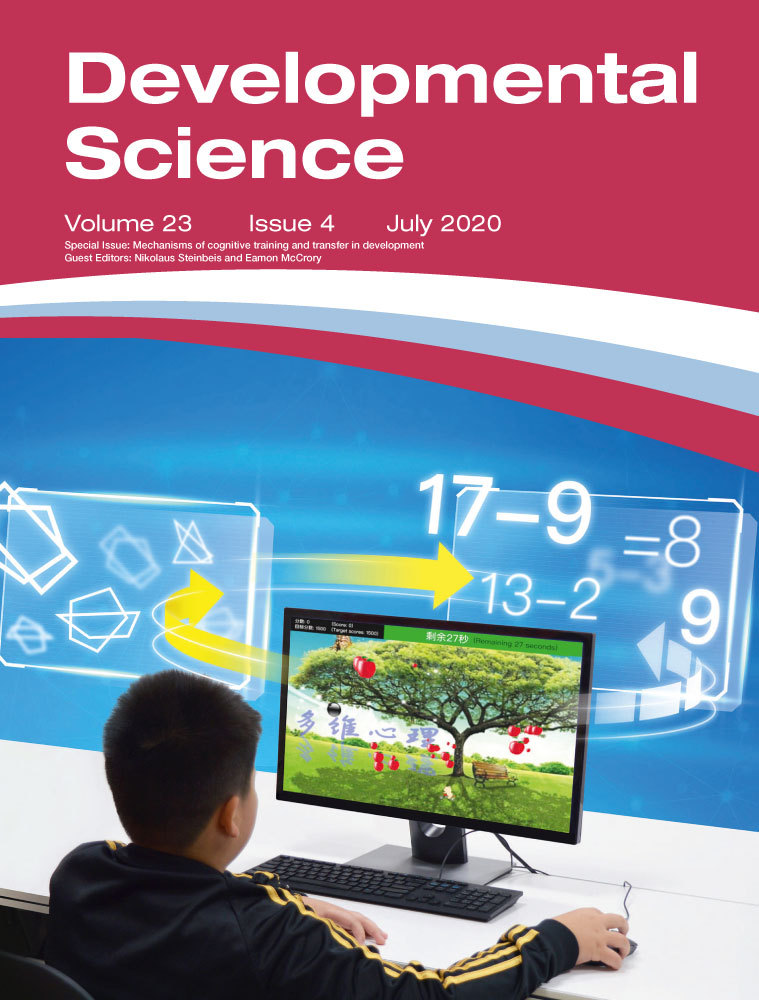
Lê, M., Blais, M., Jucla, M., Chauveau, N., Maziero, S., Biotteau, M., Albaret, J.-M., Péran, P., Chaix, Y. & Tallet, J. (2020). Procedural learning and retention of audio-verbal temporal sequence is altered in children with Developmental Coordination Disorder but cortical thickness matters. Developmental science, e13009. https://doi.org/10.1111/desc.13009 plus
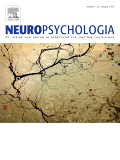
Massa, E., Köpke, B. & El Yagoubi, R. (2020). Age-related effect on language control and executive control in bilingual and monolingual speakers: behavioral and electrophysiological evidence. Neuropsychologia, 138, n° 107336, doi.org/10.1016/j.neuropsychologia.2020.107336 plus
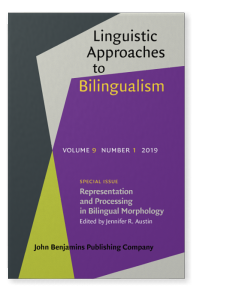
Duguine, I. & Köpke, B. (2019). Processing strategies used by Basque-French bilingual and Basque monolingual children for the production of the subject-agent in Basque. Linguistic Approaches to Bilingualism, 9 (4/5), 514-541. plus
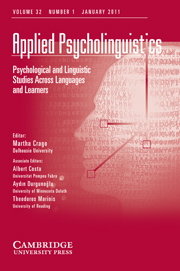
Solier, C., Perret, C., Baqué, L., & Soum-Favaro, C. (2019). Written training tasks are better than oral training tasks at improving L2 learners’ speech production. Applied Psycholinguistics, 1-26. doi:10.1017/S014271641900033X, publié online le 23 septembre 2019, plus
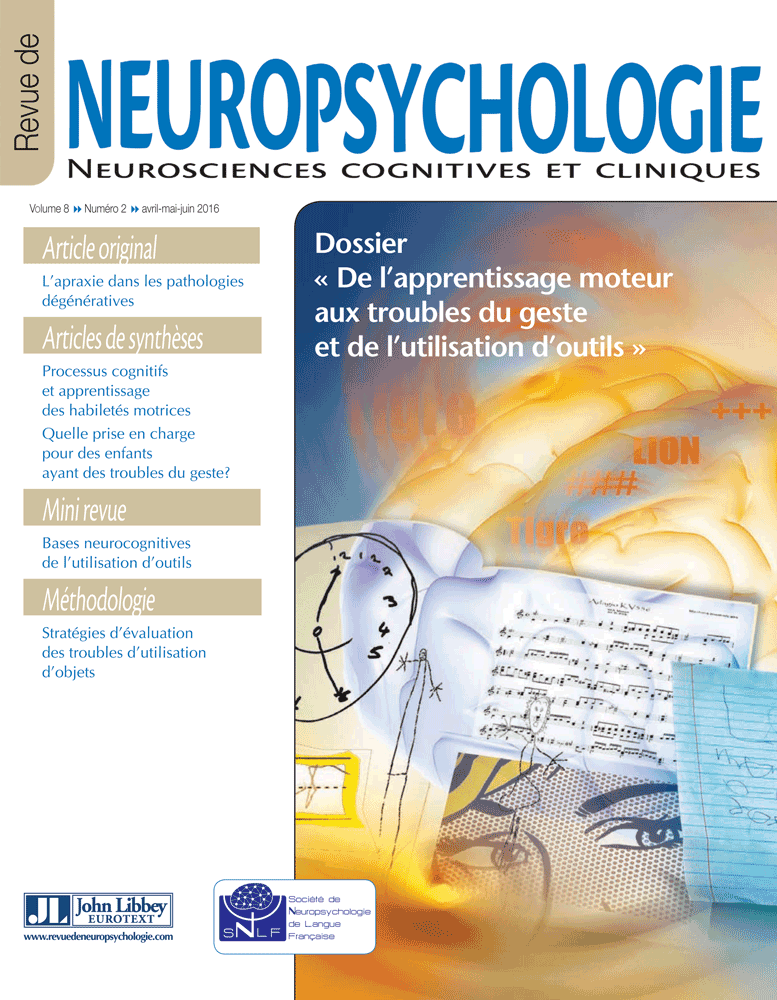
Nespoulous, J-L. (2019). Quo vadis neuropsychologia? Des mythes et des croyances … aux sciences. De l’observation à la modélisation et vice versa… Revue de Neuropsychologie, 11 (1), 6-9.

Nespoulous, J-L. (2019). Quo vadis neuropsychologia? Des mythes et des croyances … aux sciences. De l’observation à la modélisation et vice versa… Revue de Neuropsychologie, 11 (1), 6-9.
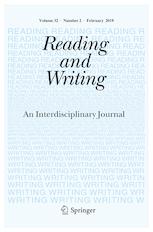
Gunnarsson-Largy, C., Derbey, N. & Largy, P. (2019). How do L2 learners and L1 writers differ in their reliance on working memory during the formulation subprocess? Reading and Writing. First Online: 25 February, https://doi.org/10.1007/s11145-019-09941-y plus
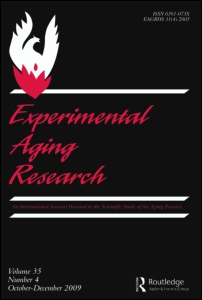
Pistono, A., Busigny, T., Jucla, M., Cabirol, A., Dinnat, A.-L., Pariente, J. & Barbeau, E. (2019). Changes in celebrities' knowledge in old adults: analysis of semantic organization and consistency. Experimental Aging Research. Published online 31 January, https://doi.org/10.1080/0361073X.2018.1560118 plus
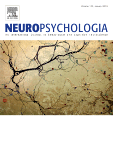
Pistono, A., Pariente, J., Bézy, C., Lemesle, B., Le Men J. & Jucla, M. (2018). What happens when nothing happens? An investigation of pauses as a compensatory mechanism in early Alzheimer's disease. Neuropsychologia. Publié online le 26 décembre, DOI: 10.1016/j.neuropsychologia.2018.12.018 plus
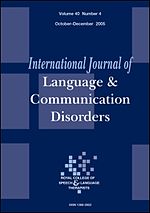
Pistono, A., Jucla, M. , Bézy, C., Le Men, J. & Pariente, J. (2018). Discourse macrolinguistic impairment as a marker of linguistic and extralinguistic functions decline in early Alzheimer's disease. International Journal of Language and Communication disorders. Publié online le 15 novembre, doi.org/10.1111/1460-6984.12444. plus
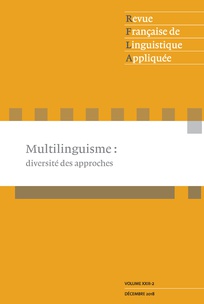
Ahumada-Ebratt, L., Köpke, B. & Mytara, K. (2018). L’interaction entre les différentes langues du multilingue : entre influence translinguistique et attrition. Revue Française de Linguistique Appliquée, Vol. XXIII, 15-28. (les auteurs ont contribué à parties égales au chapitre et sont cités par ordre alphabétique) lien

Köpke, B. & Genevska-Hanke, D. (2018). First language attrition and dominance: Same same or different? Frontiers in Psychology, 9, art. n° 1963. plus
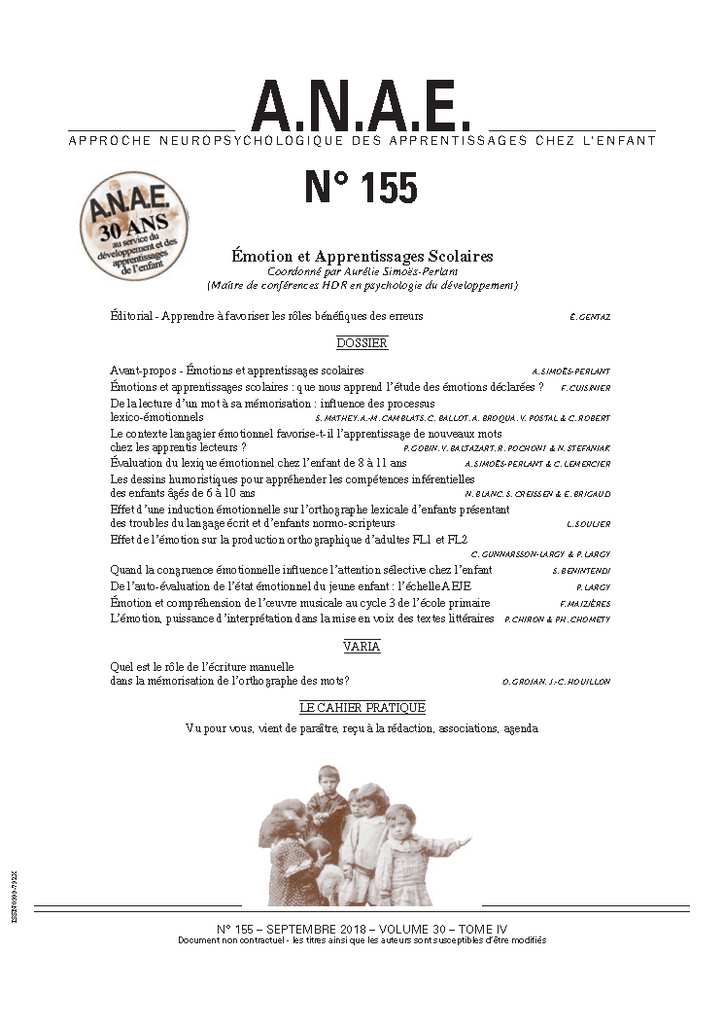
Dans le n° 155 (septembre 2018) de la revue ANAE (plus) :
- Soulier, L. Effet d’une induction émotionnelle sur l’orthographe lexicale d’enfants présentant des troubles du langage écrit et d’enfants normo-scripteurs.
- Gunnarsson-Largy, C. & Largy, P. Effet de l’émotion sur la production orthographique d’adultes FL 1 et FL2.
- Largy, P. De l’auto-évaluation de l’état émotionnel du jeune enfant : l’échelle AEJE.
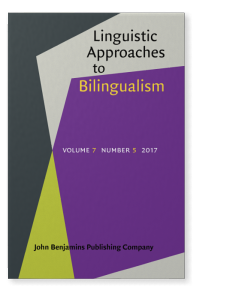
Schmid, M. S. & Köpke, B. (2017). The relevance of first language attrition to theories of bilingual development. Epistemological Keynote Article, Linguistic Approaches to Bilingualism, 7 (6). plus
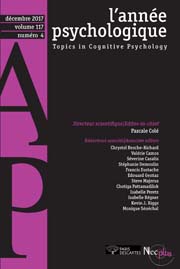
Soulier, L., Largy, P., & Simoës-Perlant, A. (2017). L’effet d’une induction émotionnelle par la musique sur la production des accords nominal et verbal : étude chez l’enfant d’école primaire. L’Année psychologique, 117 (4), 405-431.
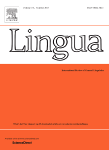
Pourquié, M. & Nespoulous, J-L (2017). On linguistic properties of verbal number systems: A cross-linguistic study of number transcoding errors observed in a Basque--French bilingual patient with aphasia. Lingua, published online 3 novembre 2017, https://doi.org/10.1016/j.lingua.2017.10.002 plus
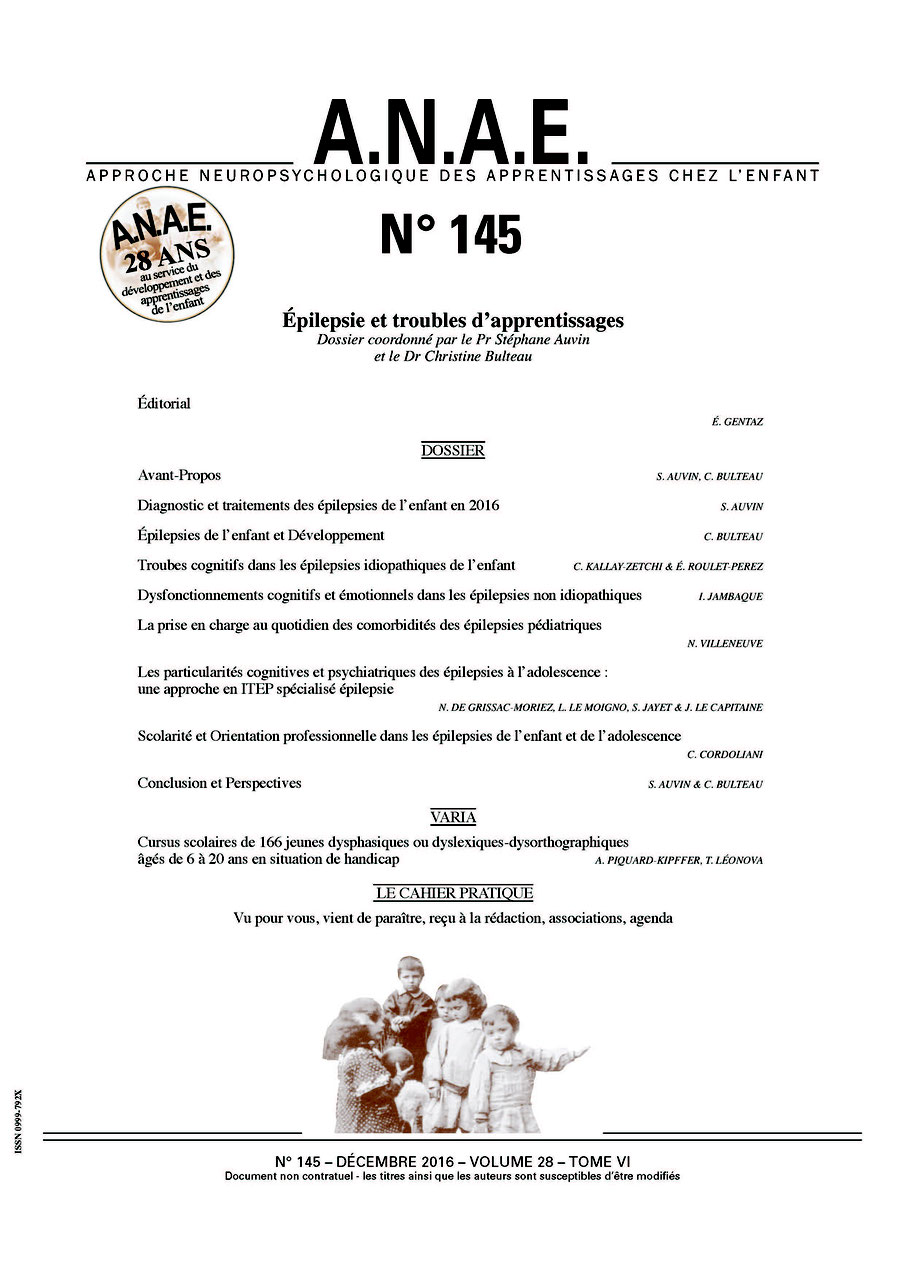
Benintendi, S., Simoës-Perlant, A., Lemercier, C. & Largy, P. (2017). Effet d’une induction émotionnelle par la couleur sur l’attention d’enfants typiques de 4 à 11 ans. A.N.A.E., Approche Neuropsychologique des Apprentissages chez l'Enfant, 145. plus
